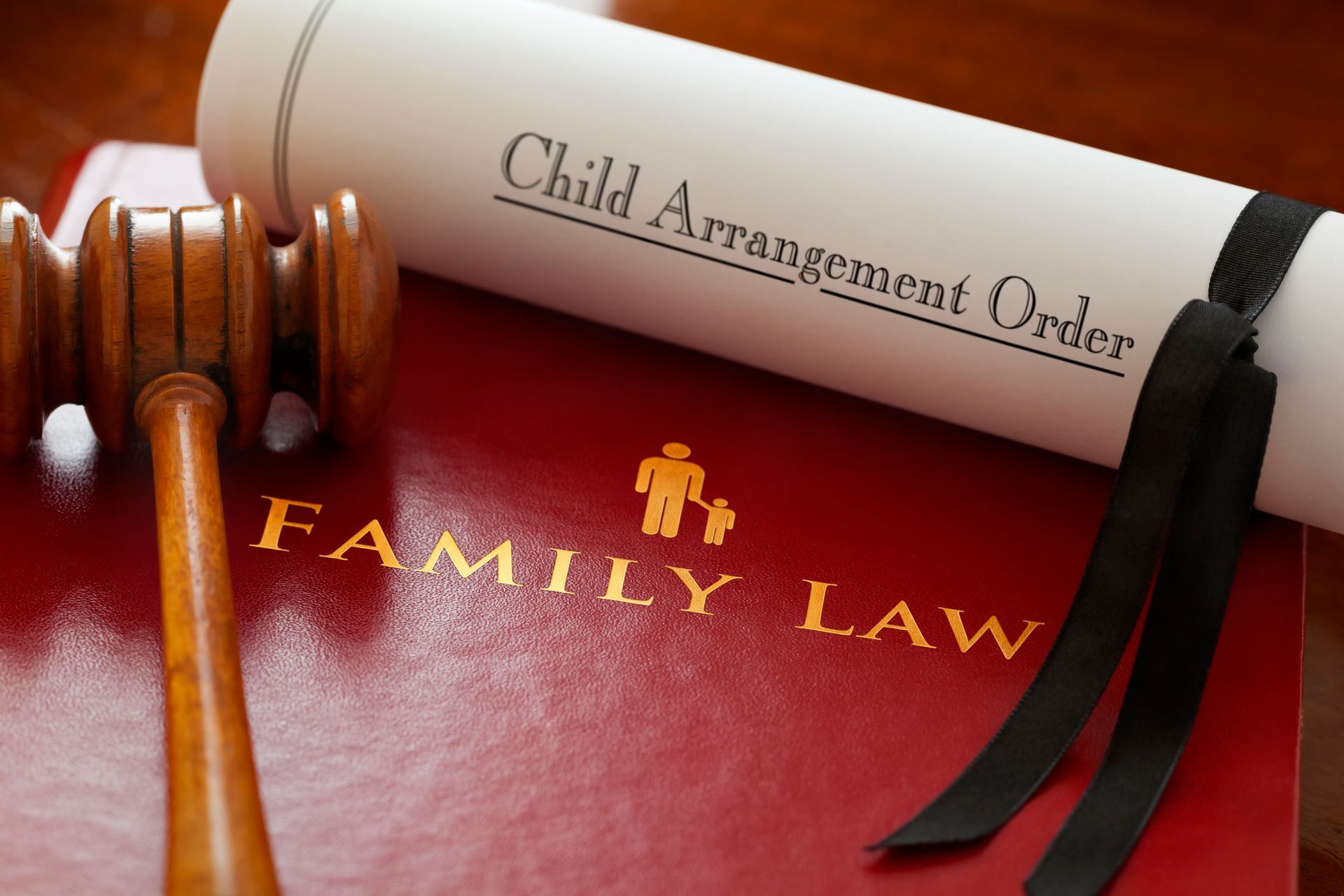Factors Used to Determine the Custody of Children

During a child custody hearing, the court will determine the outcome that is in the best interests of the child. This requires the examination of several factors. Here are some of the things the court will consider.
Ability to Provide for the Child
First and foremost, the basic needs of the child come under scrutiny. This encompasses the ability to provide essentials such as food, clothing, and shelter. A parent's financial stability is a significant component of this assessment. Courts delve into a parent's income, employment stability, and financial responsibility to ensure that the child's fundamental needs are met consistently.
Emotional well-being is another critical dimension of a child's upbringing. The court evaluates a parent's ability to provide emotional support, a nurturing environment, and a stable emotional atmosphere. This includes factors like a parent's willingness and capability to foster healthy emotional development, constructively resolve conflicts, and create a loving and secure environment.
Healthcare is yet another crucial consideration. Courts assess a parent's ability to ensure the child's physical and mental health. This involves providing access to healthcare services, ensuring regular check-ups, and effectively managing any medical conditions or health-related needs the child may have.
Wishes of the Parents
The desires and preferences of parents are taken into consideration as one of the many factors that help guide the court's decision. These preferences can be influential, especially if both parents agree on a custody arrangement.
When both parents are in alignment, it can simplify the legal process, and the court may be more inclined to approve a custody plan that they both support.
Wishes of the Child
Older and more mature children are generally better able to express their preferences in a meaningful way. Courts are more likely to consider the wishes of a teenager, for example, compared to a very young child who may not fully understand the situation. The ability to articulate their thoughts and understand the consequences of their choices plays a crucial role.
The reasoning behind the child's preference also matters. Courts want to understand why the child has a particular preference. If the child's preference is based on genuine concerns, such as one parent's history of abuse or neglect, it may carry more weight. Conversely, if the preference is driven by temporary emotions or external influences, such as manipulation or pressure from one parent, the court may view it with skepticism.
Other People in the Home
If one parent lives in a household where there is a strong, supportive network of family members or a new partner who is actively involved in the child's life, it can be viewed as a positive factor. This suggests that the child has access to emotional support and stability, which are vital for their development.
Moreover, the court may take into account the moral and social values upheld in the household. This can include religious, cultural, or ethical beliefs that shape the child's upbringing. It's essential to ensure that these values align with the child's best interests and well-being.
Health of the Parents
If a parent has a severe physical condition that limits their ability to care for the child, it can raise concerns. For instance, if a parent has a disability that affects their mobility, the court may assess whether they can provide a safe and suitable living environment for the child.
Mental health is another critical aspect. If a parent struggles with a mental health disorder that impairs their capacity to make sound decisions or provide emotional stability for the child, it becomes a significant concern. Courts may order evaluations by mental health professionals to assess the parent's mental health and how it may affect their ability to parent effectively.
Hart Law Offices, PC represents clients ranging from 12-year-old juveniles to adults in criminal and family law. Contact us now to get a quote.


















